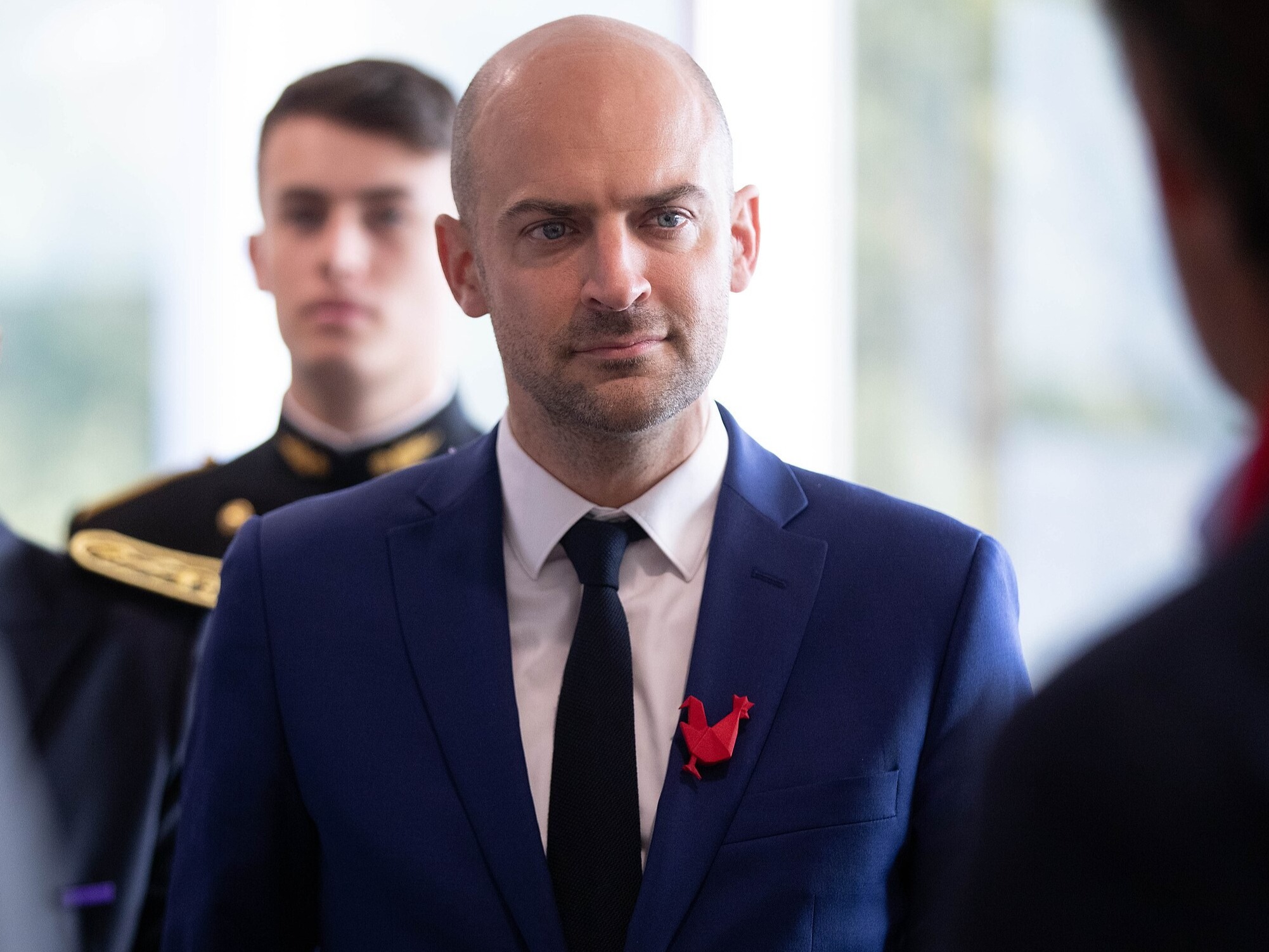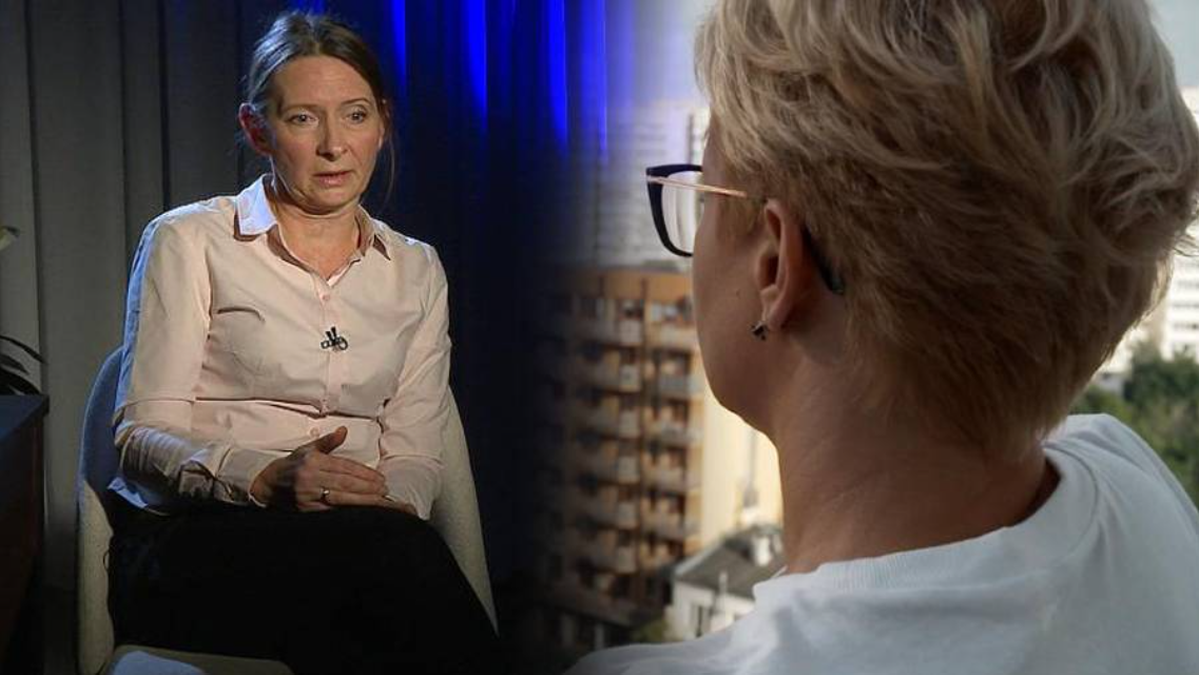England's national curriculum will undergo its biggest overhaul in a decade, with financial literacy, online safety, and creative arts becoming compulsory subjects by September 2028. Education Secretary Bridget Phillipson announced the changes, which will also scrap the controversial English Baccalaureate system.
The reforms aim to prepare students for a rapidly changing world characterized by digital challenges and economic pressures. Phillipson told MPs the curriculum would maintain a "strong academic core" while equipping young people with practical life skills.
Financial literacy takes centre stage
Money management will become mandatory across all English primary and secondary schools. The new citizenship classes will cover budgeting, compound interest, mortgages, and recognizing scams.
Martin Lewis, founder of MoneySavingExpert.com, welcomed the move after campaigning for compulsory financial education since 2012. "Our children are sent out into a world of scams, dodgy deals and debt, without the tools to cope," he said.
Research shows 84% of school-age children want more financial education. However, experts warn implementation will require significant teacher training and dedicated funding.
Creative subjects get major boost
The scrapping of the Ebacc marks a decisive shift for arts education. The system, introduced by former Education Secretary Michael Gove, measured schools solely on performance in traditional academic subjects.
Arts GCSE enrollment has plummeted 40% since 2010, while the number of arts teachers fell by 23%. Cultural figures have hailed the curriculum changes as overdue recognition that creative subjects are fundamental, not optional extras.
Playwright James Graham described the Ebacc's end as "the madness of the past decade" finally over. Beth Steel emphasized the importance for working-class children: "Art, music, and drama are not extracurricular subjects, they are foundational."
Broader curriculum changes
Students will learn critical engagement with information to combat what Phillipson called being "exploited by dark forces online to spread lies and sow division." The curriculum will teach pupils "not to consume passively, but engage critically, to recognise and reject disinformation."
Climate change, British Black and Asian history, and the Holocaust will feature prominently. The government confirmed the Holocaust remains a compulsory topic within key stage 3, as announced by the Prime Minister last year.
GCSE exam time will be reduced by up to three hours. New V-Levels will simplify vocational qualifications at level 3, sitting alongside A-levels and T-Levels.
The Department for Education stated the final curriculum will be published in spring 2027 after development with teachers, curriculum experts, pupils, and parents. Phillipson emphasized: "These reforms strengthen, not replace, core subjects."
Note: This article was created with Artificial Intelligence (AI).











